Takeaways: What we learned from the Revolution’s season-ending loss to the Union
With the home loss, a season that once appeared promising ends with a thud.
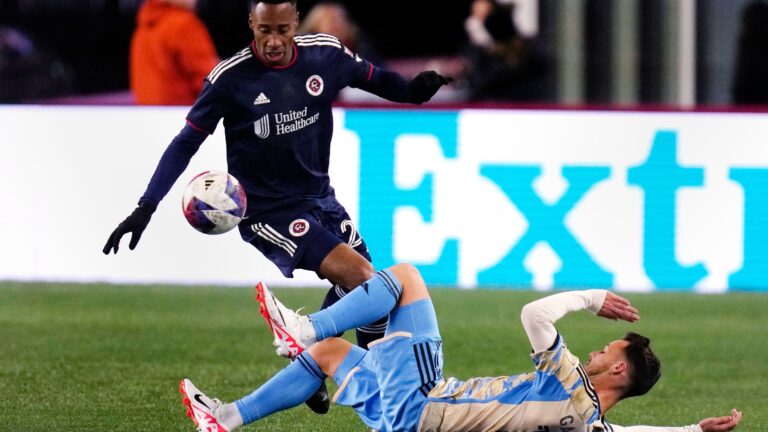
The Revolution were eliminated from the MLS Cup playoffs on Wednesday night at Gillette Stadium with a 1-0 loss to the Philadelphia Union in the second game of a best-of-three, first-round series.
New England came into the night needing a win to keep its season alive after dropping the first game, 3-1, in Philadelphia. With the home loss, a season that once appeared promising — New England spent much of the summer in the upper echelon of the Eastern Conference standings — ends with a thud.
The opening minutes of the first half mirrored how the Revolution started in Philadelphia 10 days earlier, with New England monopolizing possession for long periods and consistently moving the ball into the final third. Once there, however, the offense stalled, creating just two shots in the first half (neither of which was on target).
The game changed in the 45th minute when Revolution midfielder Mark-Anthony Kaye was shown a red card by referee Drew Fischer for stepping on Union attacking midfielder Daniel Gazdag. The call was made after a video review.
With the game still scoreless at halftime, both teams immediately traded chances in the first five minutes after the restart. Playing with 10 players, New England continued to press forward. As was the case in the first game, Union defenders tried to slow Revolution skill players (playmaker Carles Gil in particular) with frustrating tackles.
As the second half wore on, New England maintained a degree of its advantage in possession but remained unable to find any breach in Philadelphia’s defense. With only 10 on the field, Revolution players began to tire as they tried to make up the numerical deficit.
Finally, the Union found a breakthrough in the 79th minute after Philadelphia’s Jack McGlynn whipped a low free kick across goal. Substitute Chris Donovan sneaked in front of New England center back Henry Kessler and redirected the ball into the far corner of the net to give the visitors a late lead.
The Revolution responded with desperate attacks, straining to find an equalizer to keep the season alive. Gil and Argentine winger Tomás Chancalay worked the ball around and tried to create shots but ultimately couldn’t deliver the tying goal.
Here are a few takeaways:
▪ The Revolution were not only playing at home, but — for the first time in a long time — were fielding a nearly full-strength roster. The Union, on the other hand, were down several players (including defender Kai Wagner, who was suspended after he said a racial slur to Revolution forward Bobby Wood in the first game).
It should have been a chance to beat a team that New England had recently bested at Gillette (having defeated the Union, 2-1, in the regular-season finale Oct. 21). It was only the second time the Revolution were held scoreless since July.
▪ Initially, the challenge between Kaye and Gazdag wasn’t ruled to be worthy of a card, but Fischer eventually jogged over to the video screen for a review. His call — to give Kaye a straight red card — changed the complexion of the game.
“It was ruled that he stomped on the player, so he got a red card,” Revolution interim coach Clint Peay said. “I don’t have a take. I didn’t see the replay, but I think by the law if you stomp on someone you’re liable to get a red card, unfortunately. Those are the cards you’re dealt.”
▪ After Bruce Arena resigned in September, the Revolution were destined to bring in a fresh regime in the offseason. With no more games to be played, ownership can begin to assemble its new leadership team. This will likely mean a sporting director first, followed by a head coach. As for Peay, he acknowledged his uncertain future.
“These moments are never easy,” he said. “I think as I reflect, it was a great experience for me in terms of being able to work with the group and learn a little bit more about what that means. In terms of my future, that’s not for me to decide, so we’ll see.”
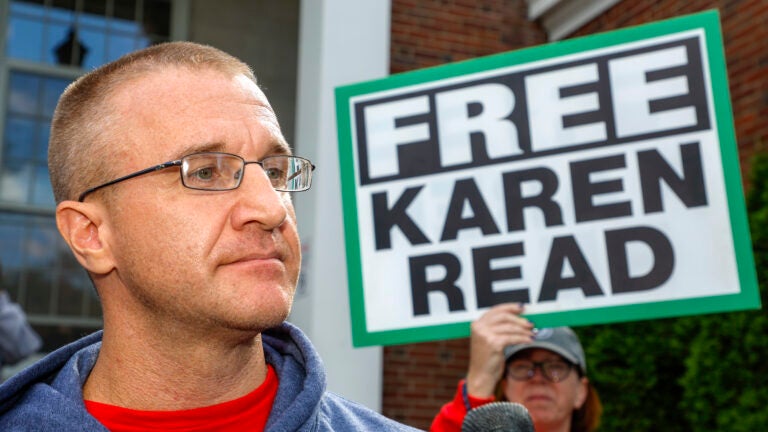
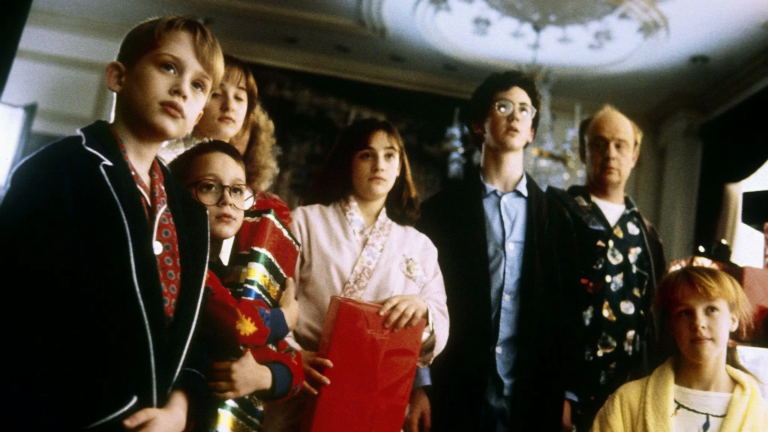
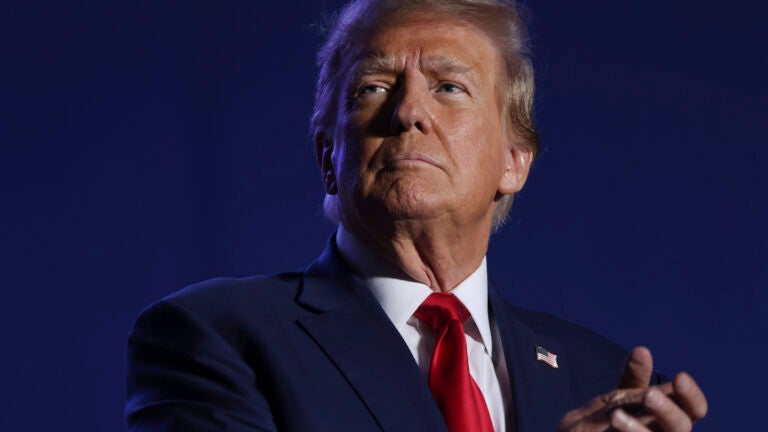
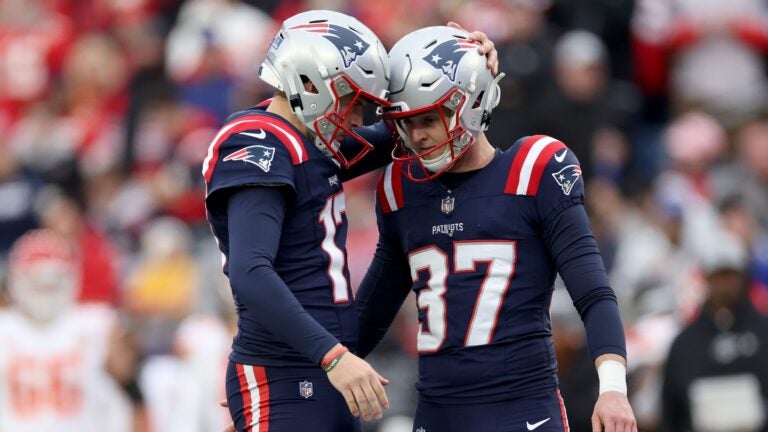
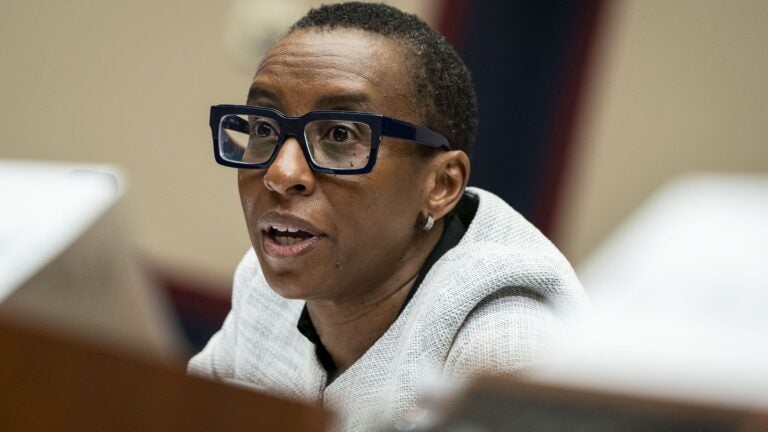
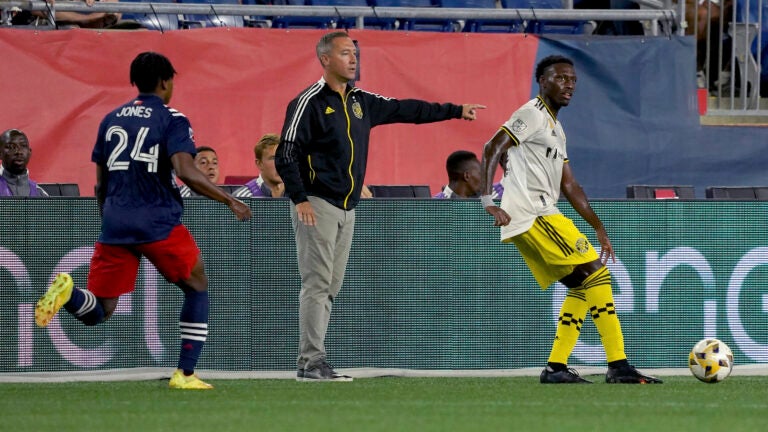

Conversation
This discussion has ended. Please join elsewhere on Boston.com